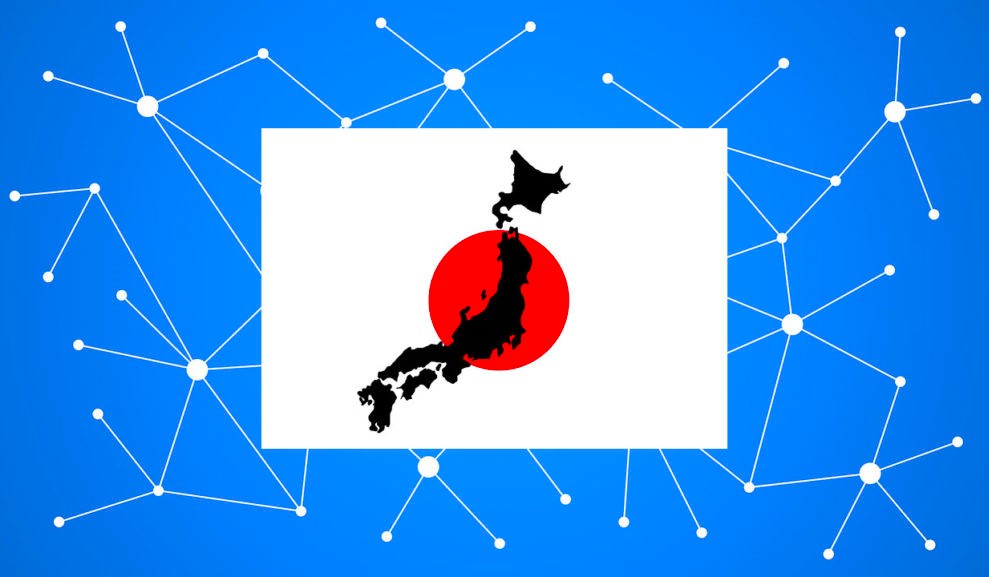Cabinet Approval for New Crypto Investment Structures
On Friday, Japan’s Cabinet approved legislation called the Industrial Competitiveness Enhancement Act. This is to be enacted through an inclusion in the bill of a provision that would permit limited liability partnerships (LLPs), a structure commonly used by venture capital (VC) firms, to invest in crypto assets.
Evolving Regulations and Venture Capital Response
These plans followed the same track as before we had reported as these included discussions about the elimination of the mandate that LLPs need to invest at least half of their asset values in Japan. This does not seem to have been included in the final version of the bill.
That might have left many VCs hesitant about the web3 space so much because of the directive regarding VCs not investing directly in tokens. Nonetheless, dedicated VCs to this have more likely also found alternative strategies for investment. The regulation could have also shifted some of the investment businesses of the firms outside the country. For example, SBI opened a fund in Singapore and the digital asset division of Nomura, Laser Digital, had its operations in Switzerland.
MUFG’s Crypto Trust Initiative
Japan’s largest bank, MUFG, had contemplated setting up crypto trusts in the previous year. This will make it possible for investors to indirectly invest in cryptocurrency tokens through trusts that are offered to them as venture capitalists.
Japan’s Full Embrace of Blockchain and Web3 Technologies
Now, Japan can be counted among the countries going full bore into blockchain and web3 technologies. The news came in early March on the cusp of the first-ever Japan Fintech Week, to be inaugurated with the Financial Services Agency (FSA).
Regulatory Environment and International Interest
Japan is broadly known for its active use of the Real World Asset (RWA) tokenization in sectors like real estate and even sale to retail investors. The country also has a sturdy legal foundation regarding stablecoins, pointing out various types such as trust-based stablecoins and bank deposit tokens. This kind of regulatory environment has attracted big players like Circle and Binance, with initiatives of their own in Japan. Moreover, the NFT market in Japan has been less volatile than in the West.
Opportunities for Decentralized Oracle Networks
Returning us to this point in time for development, the integration of blockchain and cryptocurrency into Japan’s financial sector presents enormous opportunities for oracle networks. Chainlink is an important decentralized oracle network that gives the connection of smart contracts to various resources, including data provision, APIs, traditional bank payments, and various decentralized technologies. Legal developments in Japan, through which the country might expand its framework to include possibilities to invest in cryptocurrency, might drive demand for services by Chainlink, which are characterized by a sophisticated approach to stablecoins and tokenization.
The Rising Importance of Accurate Data Feeds
With more and more Japanese companies entering into blockchain technology and crypto assets, the importance of accurate and tamper-proof data feeds, much similar to what Chainlink offers, rises. This is relevant, especially for applications that deal with real-world asset tokenization and stablecoin operations, wherein very accurate and reliable data is required to ensure sustainability and user trust. As Japan lawmakers begin to take blockchain adoption in stride, it will be important to network in VC groups as well as Chainlink Japan, users can get more involved here.


Leave a Reply